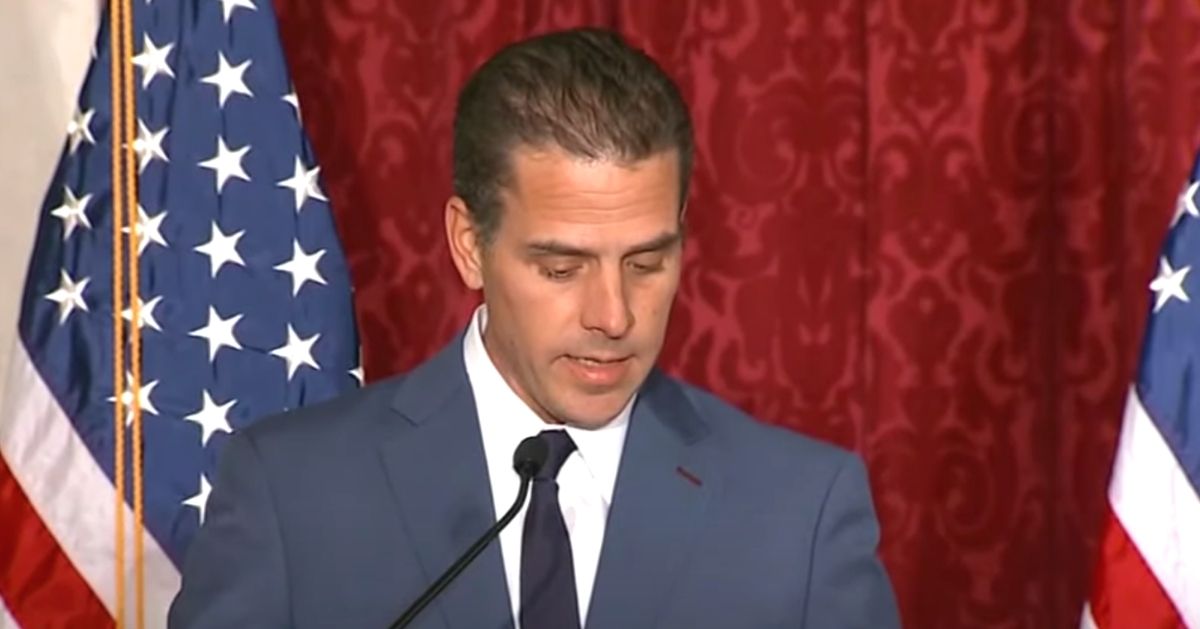Lily Greenberg Call resigned from her role on Wednesday, expressing her inability to endorse the administration's strategy in the region any longer. She specifically cited the moral implications of the U.S.’s involvement as her primary concern.
“I can no longer in good conscience continue to represent this administration,” Call stated, highlighting a deep moral and ethical conflict with the administration's current foreign policy stance.
Public Dissent Grows Amid Conflict
The conflict in Gaza, which began seven months ago with an intense confrontation between the IDF and Hamas, has now led to significant casualties on both sides, sparking international debate and domestic unrest. According to reports, the violence has resulted in 1,200 deaths in southern Israel and over 34,000 in Gaza.
Call’s resignation is the first from a Jewish political appointee in Biden’s administration directly linked to policy disagreements on Israel. Her departure underscores the increasing discomfort among some U.S. officials regarding the administration's stance on the conflict.
This unrest is mirrored in the wider Democratic Party and among the general U.S. populace, with increasing protests and a shift in public opinion regarding the U.S.'s role in the conflict.
Other Resignations Echo Concerns
Call is not alone in her concerns. Earlier in January, Tariq Habash, a Palestinian American, resigned from the Department of Education. He, too, cited disagreements with the U.S.'s policy towards Israel as his reason for leaving.
In another instance, U.S. Army Major Harrison Mann left the Defense Intelligence Agency, protesting the “nearly unqualified support for the government of Israel,” which he claimed “enabled and empowered the killing and starvation of tens of thousands of innocent Palestinians.”
“This unconditional support also encourages reckless escalation that risks wider war,” Mann added, emphasizing the broader implications of U.S. foreign policy.
White House Reconsiders Aid Amid Criticism
In response to increasing scrutiny, the Biden administration has taken some steps to temper its support. Most notably, Biden recently halted a shipment of bombs intended for Israel, reflecting a potentially cautious shift in policy amid escalating violence and civilian casualties.
Additionally, despite plans to send a $1 billion military aid package to Israel, public and political pressure is influencing a reevaluation of such commitments. Recent polls indicate a growing number of Americans favor reducing U.S. aid to Israel, signaling a shift in public sentiment.
The decision to pause bomb shipments came amidst these changing perspectives, suggesting a more measured approach to the conflict could be developing.
Implications for Biden’s Administration and U.S. Foreign Policy
The series of resignations and the evolving public discourse suggest a potentially significant shift in U.S. foreign policy and political alignment within the Democratic Party. These developments could influence future policy decisions and the political landscape leading up to the 2024 elections.
Protests at universities and an increase in "uncommitted" votes during the primary season further indicate a growing disenchantment with current policies among younger demographics and Democratic voters.
As the conflict continues and the global and domestic responses evolve, the Biden administration faces increasing pressure to reassess its stance and strategy regarding Israel and the broader Middle East.
Conclusion
In conclusion, Lily Greenberg Call’s resignation from the Interior Department underscores a broader unrest within the Biden administration over its handling of the Israel-Hamas conflict. Alongside other recent resignations and shifts in public opinion, this event marks a significant moment of internal and external critique of U.S. foreign policy. These developments could potentially reshape the approach towards not only Israel but also how the U.S. engages with international conflicts more broadly.




